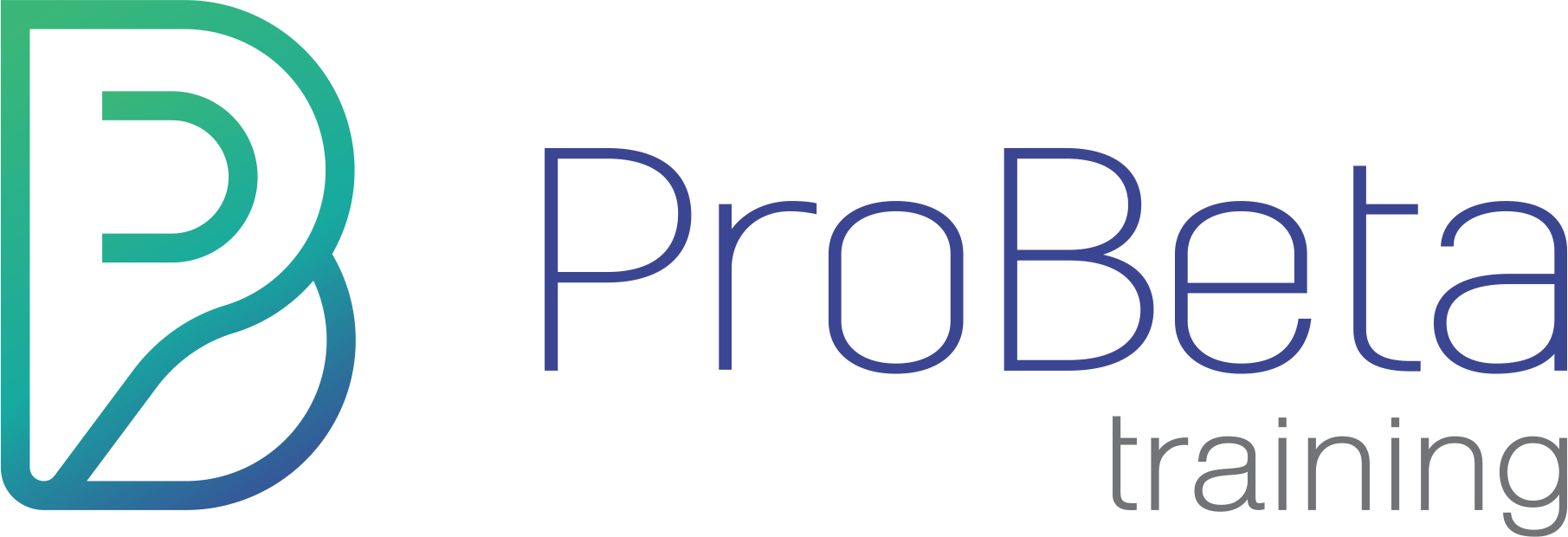Available Course
Practical application of auditing standards
>> Click here to book this training as an In-House course <<
| Duration: | 3 Days |
| CPD Hours: | Attendance at this seminar will secure 19.5 hour/s verifiable CPD points including other professional bodies (SAICA, SAIBA, ACCA, IACSA, IRBA & etc) |
| Course Facilitator: |
Lynette Badenhorst
T: 011-886-1395 E: nerissa@probetatraining.co.za |
| Back | |
A proper understanding of the practical application of auditing standards is key to ensure that sufficinet appropriate audit evidence is received and documented in which to base your opinion.
A majority of the IRBA audit findings are on the planning section of an audit file, which indicates a lack of understanding of the documentation requirements. Incorrect planning can also lead to over or under auditing and lead to an opinion that is not supported by proper evidence.
This session aims to provide delegates with an in detail understanding of the practical application of the auditing standards and importantly the documentation requirements.
Engagement continuance procedures
7 Step plan to comply with the ethical and independence requirements during the engagement
How to determine the correct desired audit risk to avoid over-auditing later during the audit
Obtaining an understanding of the entity through discussions with those charged with governance, including fraud questionairres.
Identifying the Financial Statement Areas to be audited and the relevant information regarding these
Calculating the overall and performance materiality for the engagement
Performing risk assessment
o At Financial statements level
o At Assertion level for every FSA
Documenting system descriptions and performing walkthroughs
Sampling
Documenting audit evidence
Related parties
o Identifying the related parties
o Testing the transactions and balances
o Testing the disclosure
Going concern
Subsequent events
Final/Overall analytical review
Evaluations of misstatements
o Calculating Final Materiality
o Evaluating individual material misstatements
o Evaluating qualitative material misstatements
o Assessing the effect of uncorrected misstatements
Deciding on the type of opinion and setting up the audit report i.r.o. the new revised ISA 700
Reporting to IRBA i.r.o. Reportable irregularities.
o What is a reportable irregularity
o Practical exercise on identifying a reportable irregularity
o How to report to IRBA
Reporting non-compliance with laws and regulations in terms of the code of conduct
o What is our responsibilities in an audit
If it is not an RI, should we still report?
None
None
